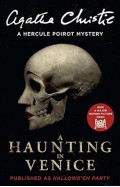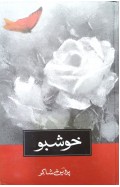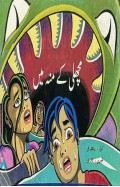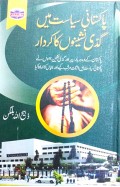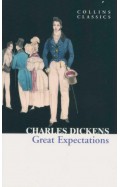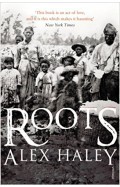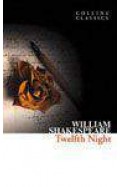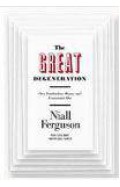Jane Austen's Sanditon - With an Essay by Janet Todd
By: Jane Austen
-
Rs 2,155.50
- Rs 2,395.00
- 10%
You save Rs 239.50.
Due to constant currency fluctuation, prices are subject to change with or without notice.
Zubin Mehta: A Musical Journey (An Authorized Biography)
By: VOID - Bakhtiar K. Dadabhoy
Rs 840.00 Rs 1,050.00 Ex Tax :Rs 840.00
Hallowe’en Party: Filmed as A Haunting in Venice
By: Agatha Christie
Rs 2,195.00 Ex Tax :Rs 2,195.00
PAKISTANI SIYASAT MAI GADI NISHANIYU KA KIRDAR
By: ZABI ULLAH BALGHAN
Rs 1,200.00 Ex Tax :Rs 1,200.00
The Great Degeneration: How Institutions Decay and Economies Die
By: Niall Ferguson
Rs 1,395.00 Ex Tax :Rs 1,395.00
Hallowe’en Party: Filmed as A Haunting in Venice
By: Agatha Christie
Rs 2,195.00 Ex Tax :Rs 2,195.00
PAKISTANI SIYASAT MAI GADI NISHANIYU KA KIRDAR
By: ZABI ULLAH BALGHAN
Rs 1,200.00 Ex Tax :Rs 1,200.00
No recently viewed books available at the moment.
Zubin Mehta: A Musical Journey (An Authorized Biography)
By: VOID - Bakhtiar K. Dadabhoy
Rs 840.00 Rs 1,050.00 Ex Tax :Rs 840.00
Hallowe’en Party: Filmed as A Haunting in Venice
By: Agatha Christie
Rs 2,195.00 Ex Tax :Rs 2,195.00
PAKISTANI SIYASAT MAI GADI NISHANIYU KA KIRDAR
By: ZABI ULLAH BALGHAN
Rs 1,200.00 Ex Tax :Rs 1,200.00












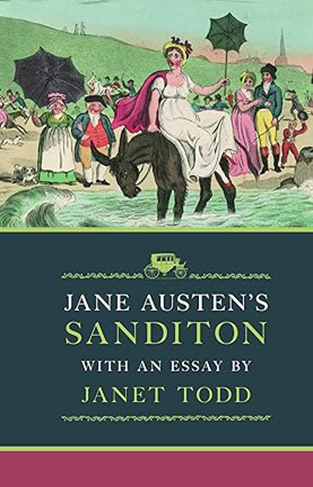
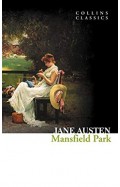

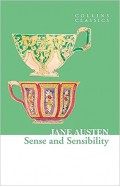
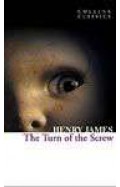
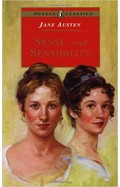


-Paperback-120x187.jpg?q6)

-120x187.jpg?q6)





